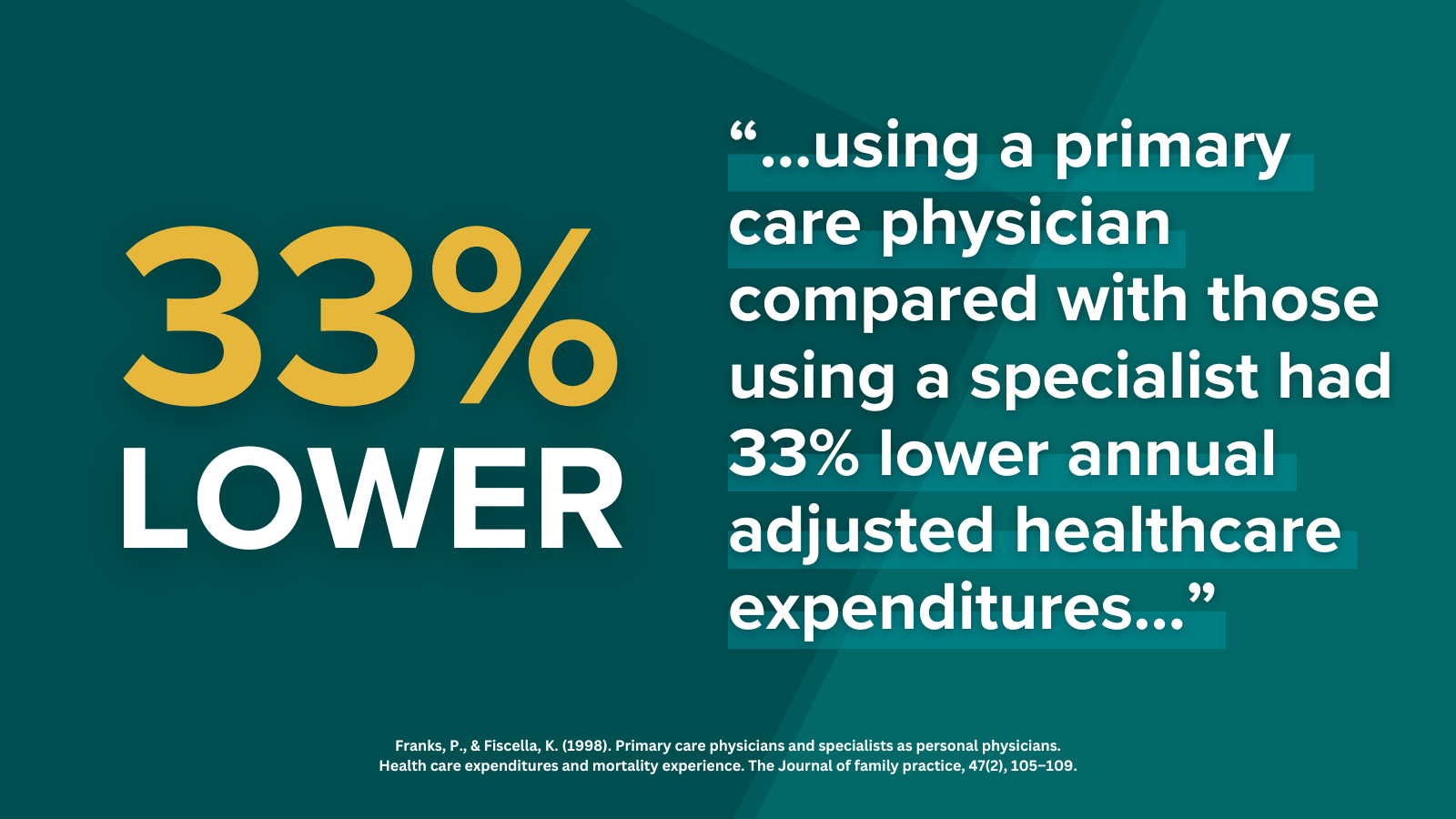Balancing Act: Managing Your Weight in a Healthy Way
Your Journey to Wellness Maintaining a healthy weight is a journey, not a destination. It involves a delicate balance of diet, exercise, and...
2 min read
Healthcare Highways : Mar 11, 2025

In today’s fast-paced world, it’s easy to push routine health checkups to the bottom of the to-do list. Many people only visit a doctor when something feels wrong, but having a trusted Primary Care Physician (PCP) is one of the best ways to stay ahead of health issues, avoid costly medical bills, and ensure long-term well-being.
What is a Primary Care Physician?
A PCP is more than just a doctor - they’re your healthcare partner. Whether they specialize in family medicine, internal medicine, or general practice, a PCP provides consistent, comprehensive care tailored to your needs. They monitor your overall health, help prevent illnesses, and guide you through the complex healthcare system.
Why Having a PCP Matters
One of the biggest advantages of having a PCP is access to preventive care. Routine screenings, vaccinations, and health assessments can detect potential health issues before they become serious.

Regular checkups with a PCP can include:
By staying on top of these preventive measures, you increase your chances of catching problems early when they’re easier (and less expensive) to treat.
Unlike urgent care clinics or emergency rooms, where doctors may see you once and never again, a PCP builds an ongoing relationship with you. They learn your health history, risk factors, and lifestyle, allowing them to provide personalized advice and treatment.
For example, if you’re managing chronic conditions like diabetes or hypertension, your PCP can adjust your treatment plan over time, ensuring you receive the best care possible. They also provide guidance on:
Medical expenses can add up quickly, but having a PCP can save you money in the long run.
.png?width=900&height=400&name=PCP%20Blog%20Text%20Callouts%20(1).png)
Why? Because regular checkups and early detection prevent minor health concerns from turning into serious (and expensive) medical emergencies. Plus, a PCP can provide cost-effective treatment plans, helping you avoid unnecessary tests and procedures.
If you ever need to see a specialist—whether it’s a cardiologist, endocrinologist, or orthopedic surgeon, your PCP serves as your healthcare quarterback. They coordinate your care, ensuring all your medical providers are on the same page.
Without a PCP, navigating the healthcare system can be overwhelming. Having one point of contact ensures:
Medical decisions can be complicated, but a PCP helps break down information so you can make informed choices. Whether you need advice on a new treatment option, help understanding lab results, or support managing a chronic illness, your PCP is there to advocate for you.
How Healthcare Highways Can Help
Finding the right PCP shouldn’t be a hassle. At Healthcare Highways, we believe in making healthcare more accessible, affordable, and personal. Our Customer Experience Advocates (CEA) team is here to help you find the best PCP for your needs. If you’re a Healthcare Highways Health Plan member, you can find your CEA team’s number on your insurance ID card—reach out today!
Take Charge of Your Health Today
Your health is your most valuable asset—don’t wait until something goes wrong to prioritize it. Establishing a relationship with a PCP now can help you live a longer, healthier life while avoiding unnecessary medical costs.
Make your health a priority—schedule an appointment with a PCP today!
If you found this article helpful, share it with friends and family so they can take control of their health too!
Reference
U.S. Department of Health and Human Services. (n.d.). Access to primary care: Literature summaries. Healthy People 2030. Retrieved from https://odphp.health.gov/healthypeople/priority-areas/social-determinants-health/literature-summaries/access-primary-care

Your Journey to Wellness Maintaining a healthy weight is a journey, not a destination. It involves a delicate balance of diet, exercise, and...

Maintaining healthy bones is crucial for overall wellbeing, mobility, and independence as you age. This article explores effective strategies and...